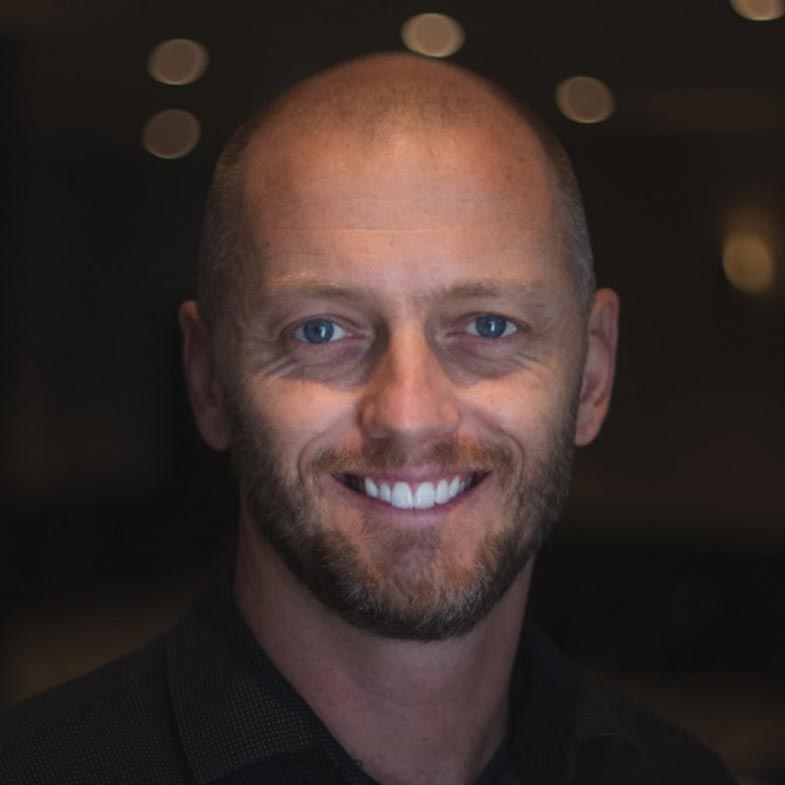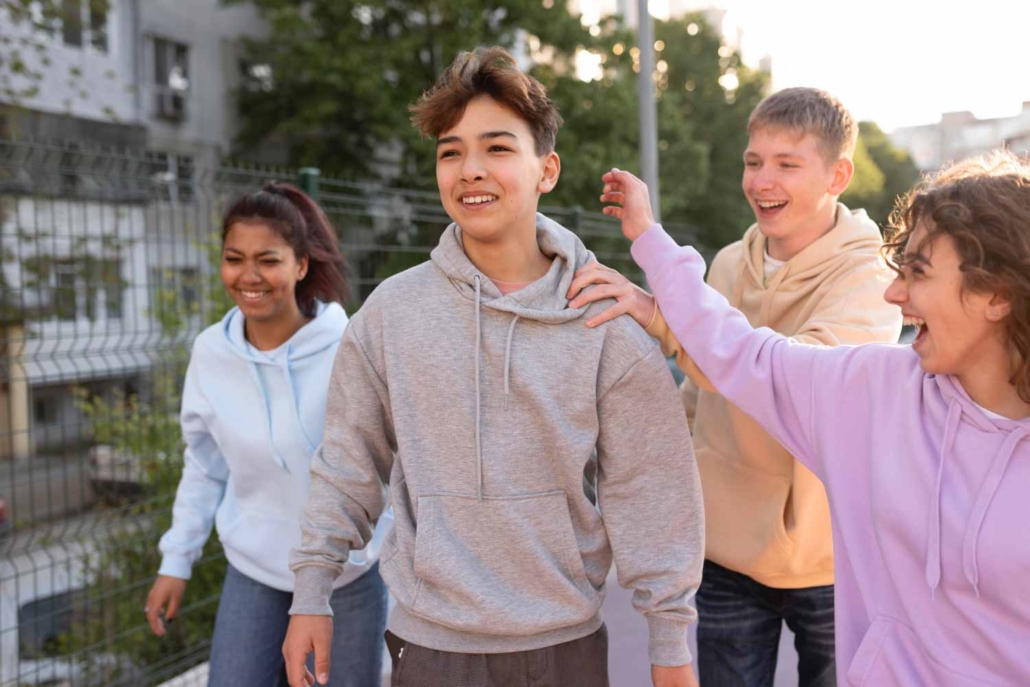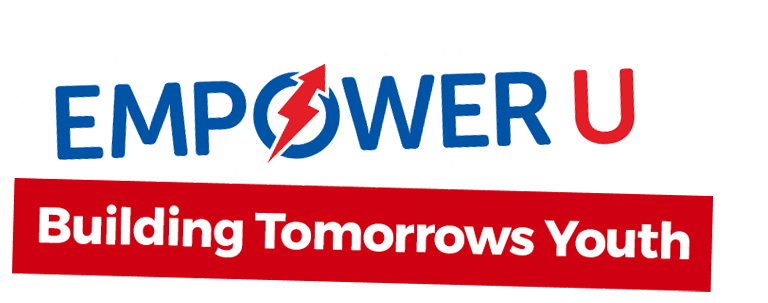“To do or not to do?” Our minds tell us no, that we might mess up, that we might disappoint, and that it is just too risky – we are fearful. The prospect of failure in the face of uncertainty gives us a reason to hold back, and so we let our fears consume us, as we decide it’s best to stay within our comfort zones.
However, when we choose not to face our fears, what we may fail to realise is that we are actually validating them — giving them the power to grow, to have a stronger hold on us, and to keep us from living our best lives. Our fears are made up of past experiences that have created the references to the limiting beliefs we have now, and when we allow them to, they are powerful enough to keep us from grabbing the opportunities in front of us. Fortunately, a life lived without fear is something that is completely possible for all of us, and achieving this involves recognising what we may find beyond our comfort zones.
Generally speaking, most people associate the idea of stepping out of their comfort zone with a negative feeling, but it is also universally recognised that when we push through it, it ultimately leads to feelings of pride, satisfaction, and an overall sense of happiness. When we allow ourselves to feel our fears and face them head-on, we are able to have a positive, enriching experience that we can grow from. While we are uncertain of its end result, we know that at the end of the day, victorious or not, choosing to take that risk rewards us with an invaluable learning experience to carry for a lifetime.
Most of our fears aren’t based on facts, but on our personal beliefs.
Here is a short clip from a recent Empower U Program where we have a conversation around beliefs, how they are formed and what we can do to create a new set of beliefs that serves us better.
For more information about The Empower U Program and upcoming events, click HERE or give us a call on 1300 039 662.

Brent is the founder and a key presenter of Empower U, a program aimed at motivating and teaching life skills to teenagers and young adults. His work primarily focuses on empowering today’s youth to gain the skills and motivation they need to succeed in a rapidly changing world. Brent’s approach integrates personal development with practical life skills, aiming to help young individuals leap ahead of their peers.

 Empower U
Empower U Empower U
Empower U Empower U
Empower U